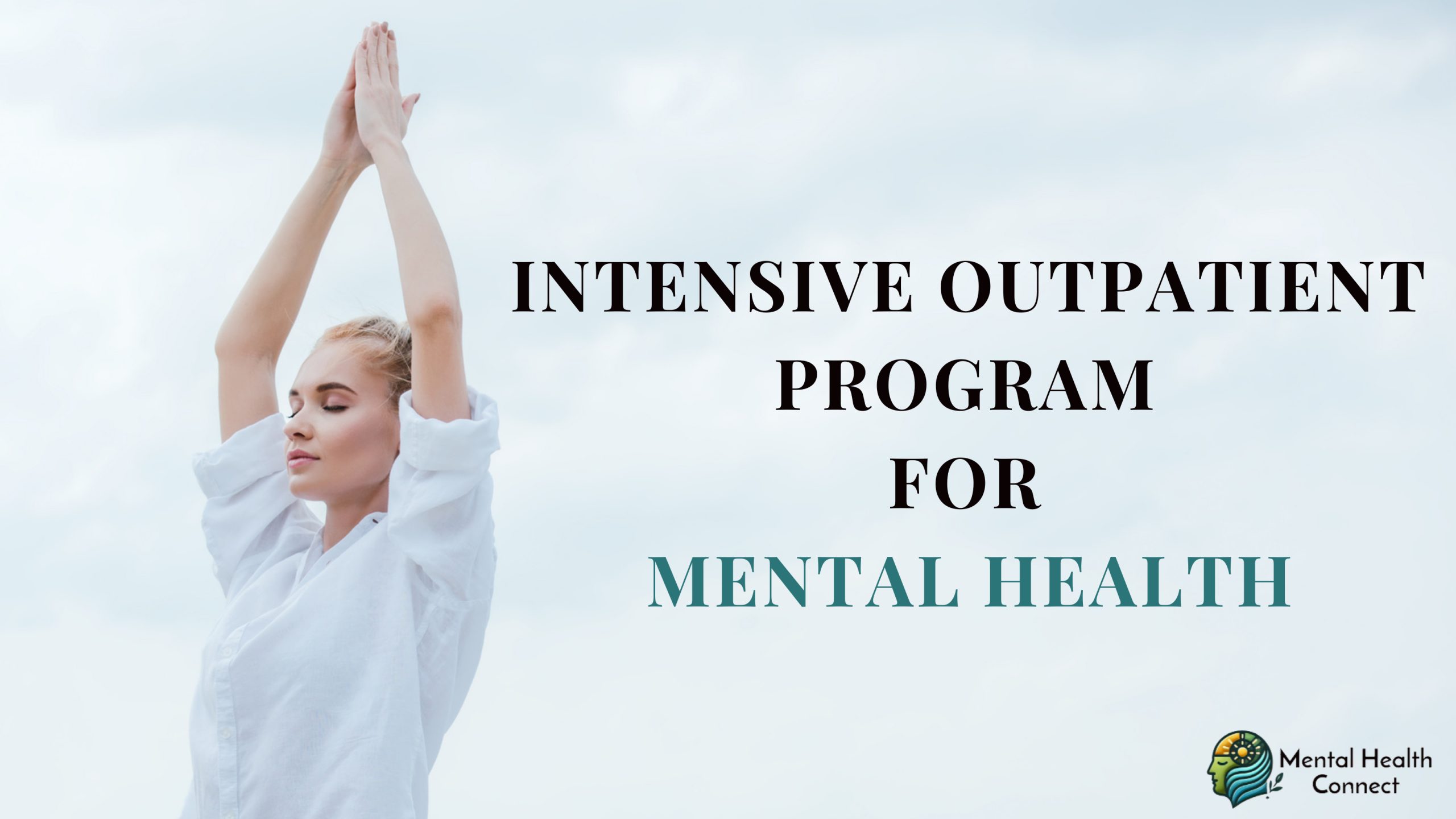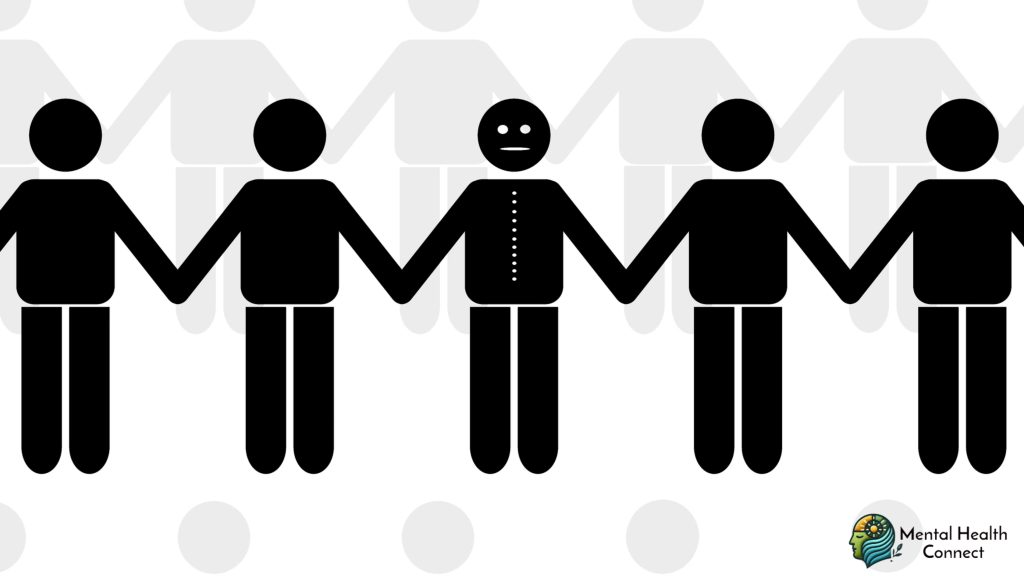Intensive Outpatient Program for Mental Health

Introduction
Mental health challenges can be overwhelming, but treatment options like intensive outpatient programs (IOPs) for mental health provide structured support without requiring full-time hospitalization. These programs offer a flexible yet comprehensive approach to mental health care, helping individuals receive therapy and support while maintaining their daily responsibilities. In this article, we’ll explore what an IOP is, why it’s important, how to find the right one, and other essential aspects to consider when seeking treatment.
What is an Intensive Outpatient Program (IOP)?

An intensive outpatient program (IOP) is a structured mental health treatment program that provides therapy and support without requiring patients to stay in a hospital or inpatient facility. These programs are designed for individuals who need more support than traditional therapy but do not require round-the-clock care.
Common Features of an IOP:
- Multiple weekly therapy sessions (3-5 days per week)
- Group therapy for peer support
- Individual counseling with licensed therapists
- Medication management (if applicable)
- Skill-building workshops (stress management, coping mechanisms, etc.)
- Flexible scheduling to accommodate work or school commitments
- Family involvement to strengthen the support system
- Relapse prevention planning for long-term success
- Holistic approaches such as mindfulness, yoga, and meditation
Why is an Intensive Outpatient Program Important?

IOPs bridge the gap between inpatient hospitalization and traditional outpatient therapy. Here’s why they matter:
- Provides structured care without disrupting daily life.
- Helps prevent hospitalization by offering intensive therapy.
- Supports long-term recovery for conditions like depression, anxiety, PTSD, and substance use disorders.
- Encourages peer support through group sessions.
- Integrates real-life application, allowing individuals to practice coping skills in daily life.
- Offers flexible treatment plans tailored to the individual’s needs.
- Reduces stigma by allowing individuals to receive care while maintaining personal and professional responsibilities.
How to Choose the Right Intensive Outpatient Program
Selecting the right IOP requires careful consideration of several factors. Here’s a step-by-step guide:
1. Assess Your Needs
- Determine whether you need a general mental health IOP or a specialized program (e.g., addiction recovery, trauma-focused therapy, etc.).
- Consider the level of support you require some IOPs are more intensive than others.
2. Research Accredited Programs
- Ensure the program employs licensed professionals, including therapists and psychiatrists.
3. Consider Location & Schedule
- Choose an IOP that fits your schedule and allows you to maintain work, school, or family commitments.
- Decide whether in-person or virtual IOP sessions are best for you.
4. Check Insurance Coverage & Costs
- Verify whether your insurance covers the program.
- Ask about sliding-scale fees or payment plans if needed.
5. Read Reviews & Testimonials
- Look for feedback from former participants.
- Speak to a program representative to ask questions about their approach.
Best Practices for Maximizing IOP Success

To get the most out of an IOP, consider the following best practices:
- Stay committed: Attend all scheduled sessions and actively participate.
- Engage in homework assignments: Many programs provide exercises to reinforce therapy techniques.
- Develop a support system: Lean on family, friends, or support groups for encouragement.
- Practice self-care: Implement healthy habits like regular exercise, mindfulness, and a balanced diet.
- Communicate openly: Share concerns with therapists and seek adjustments if necessary.
- Track your progress: Keep a journal of your thoughts, emotions, and improvements.
Common Mistakes & How to Avoid Them
Avoid these pitfalls when participating in an IOP:
- Skipping sessions: Consistency is key to progress.
- Not applying learned skills: Use coping techniques in real-world situations.
- Ignoring aftercare planning: Plan for continued therapy or support after completing the IOP.
- Lack of communication: Failing to communicate issues with your therapist can hinder progress.
Additional Benefits of Intensive Outpatient Programs
- Customized treatment plans tailored to individual needs.
- Family involvement: Many IOPs include family therapy sessions to improve support systems.
- Life skills training: Learn time management, communication, and emotional regulation techniques.
- Relapse prevention strategies, especially valuable for those recovering from substance use disorders.
- Crisis intervention support, ensuring individuals have immediate help when needed.
- Long-term support options, including aftercare programs and follow-up therapy sessions.
Alternative Treatment Options to IOPs
- Partial Hospitalization Programs (PHPs): A step above IOPs, providing more intensive treatment.
- Traditional Outpatient Therapy: Weekly or bi-weekly therapy sessions.
- Support Groups: Peer-led meetings such as Alcoholics Anonymous (AA) or National Alliance on Mental Illness (NAMI) support groups.
- Residential Treatment Centers: Best for individuals requiring 24/7 care.
- Medication-Assisted Treatment (MAT): For individuals needing medication support alongside therapy.
Future Trends in Intensive Outpatient Programs
As mental health care evolves, IOPs are also advancing with new trends:
- Telehealth Integration: More IOPs are offering virtual therapy sessions for convenience and accessibility.
- AI & Digital Tools: AI-driven mental health apps help track progress and provide personalized insights.
- Holistic Approaches: More programs incorporate mindfulness, yoga, and nutrition as part of treatment.
- Insurance Expansion: Increased coverage for mental health services makes IOPs more accessible.
- Hybrid Treatment Models: A mix of virtual and in-person sessions for flexible care.
FAQs
1. Who can benefit from an intensive outpatient program?
Individuals struggling with depression, anxiety, PTSD, addiction, or other mental health conditions can benefit from IOPs.
2. How long does an IOP typically last?
Most IOPs last between 4 to 12 weeks, depending on individual needs and progress.
3. What’s the difference between an IOP and inpatient care?
IOPs allow individuals to receive treatment while living at home, whereas inpatient care requires 24/7 hospitalization.
4. Can I continue working while attending an IOP?
Yes, IOPs are designed to accommodate work and school schedules with flexible session timings.
5. Are virtual IOPs effective?
Yes, studies show that virtual therapy can be as effective as in-person treatment for many individuals.
6. Does insurance cover intensive outpatient programs?
Many insurance plans cover IOPs, but coverage varies check with your provider.
7. What happens after completing an IOP?
Aftercare plans may include continued outpatient therapy, support groups, or medication management.



Leave a Reply